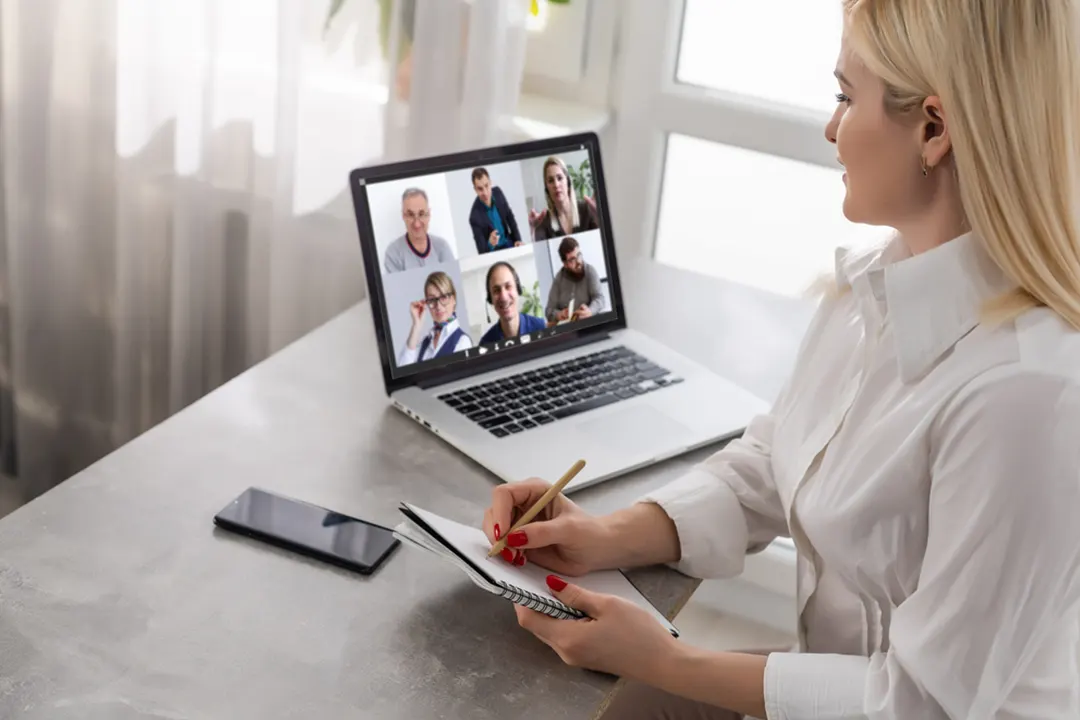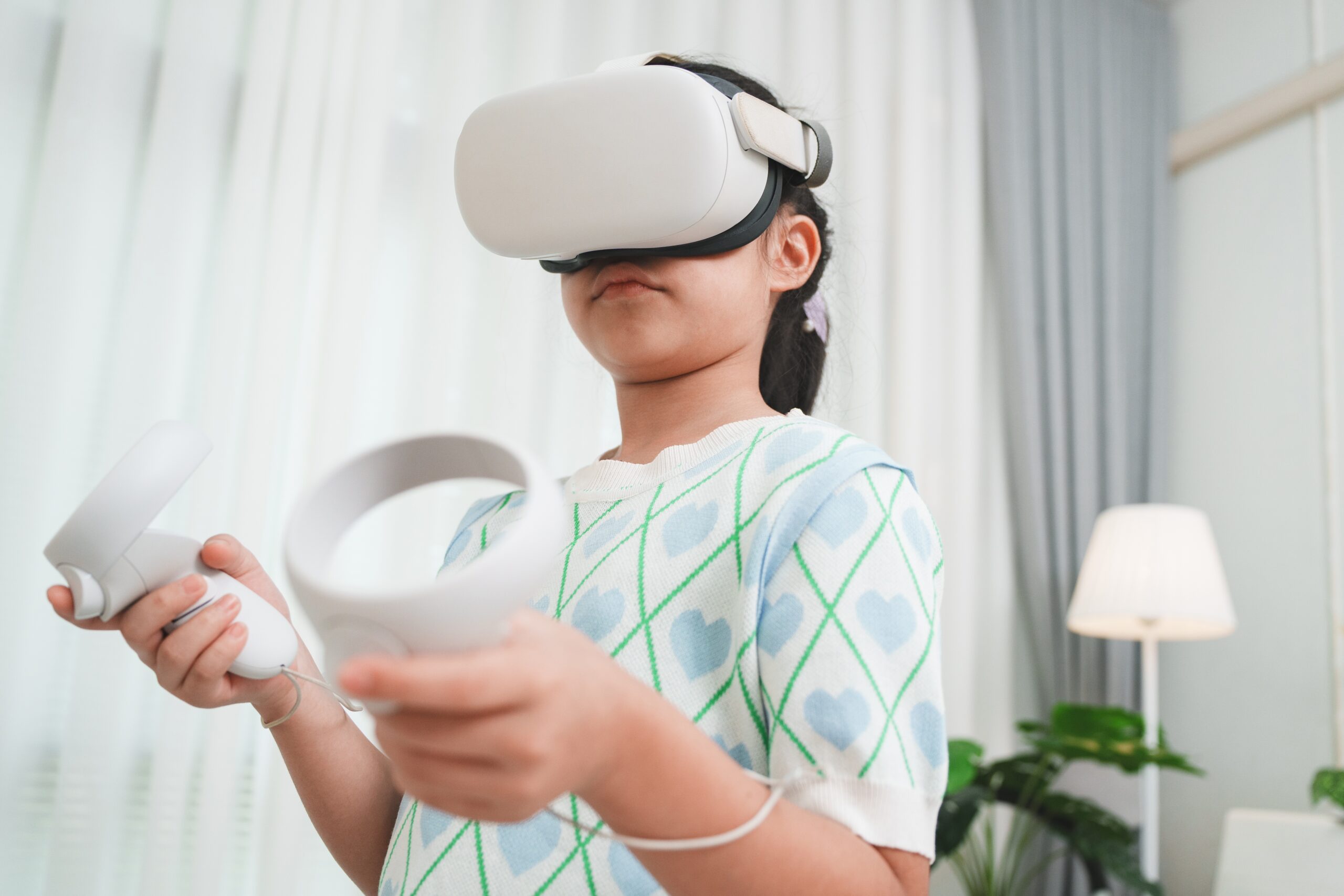Published on: May 7, 2025 at 7:06 pm
Ditch that virtual background on your next Teams meeting or Zoom call. Instead, use an image, painting, bookshelf, or another decoration that’s meaningful to you. It’s likely to be a conversation-starter or icebreaker that leads to making connections.
Academy of Management Scholar Kris Byron of Georgia State University said that changes in where and how employees work may make it difficult to build meaningful coworker relationships. These same changes, however, may provide windows into coworkers’ home lives—offering vivid and seemingly unintended insights into how their coworkers parent, their hobbies, and what their home offices look like.
Byron and research colleagues Ashley Hardin of Washington University in St. Louis, Beth Schinoff of the University of Delaware, and Rachel Balven of Arizona State University published an article on this topic in Academy of Management Journal.
“Research for this study started during the COVID-19 pandemic; my husband and I were actually out paddleboarding, and he said, ‘I find that when I’m on these Zoom calls, I’m spending so much time looking at the people’s background, and I’m wondering what’s in their homes,’” Byron said. “And he said, ‘You should study that,’ because he knew this is something that I like a lot, to find out how people come to understand each other.
“And originally, we were solely focused on what’s in the background of people’s Zoom calls, and our study actually found that that you should never use these kinds of backgrounds, and that instead, you should really let people know something about yourself,” she said.
The changing nature of where we work creates a paradox: It can simultaneously increase physical distance between coworkers while potentially decreasing that social distance by providing a vivid and unfiltered glimpse into their home lives.
“There are these interruptions that can happen: My dog can bark. My cat can walk across my keyboard,” Byron said. “But what we found was that these kinds of things are actually wholly positive—we found no negative effects of these at all.
“The fact is that people are desperate to understand each other,” she said. “And so this information that people can glean unintentionally is really important.”












